Untouched coral reefs, pristine beaches, organic fresh-fruit markets, and gentle, friendly locals make Timor-Leste’s seaside capital, Dili, a sleepy tropical paradise.
Twenty years after securing its independence from neighboring Indonesia, Timor-Leste today is a peaceful and prosperous new nation, with abundant natural beauty and emerging food, creative art, and nightlife scenes. With the culture and history of its hard-fought independence, the resilient country’s beating heart, and an easy-going energy led by its artists, musicians and sleepy street-hawkers, Dili makes for a unique, stimulating option for a weekend away in the region.
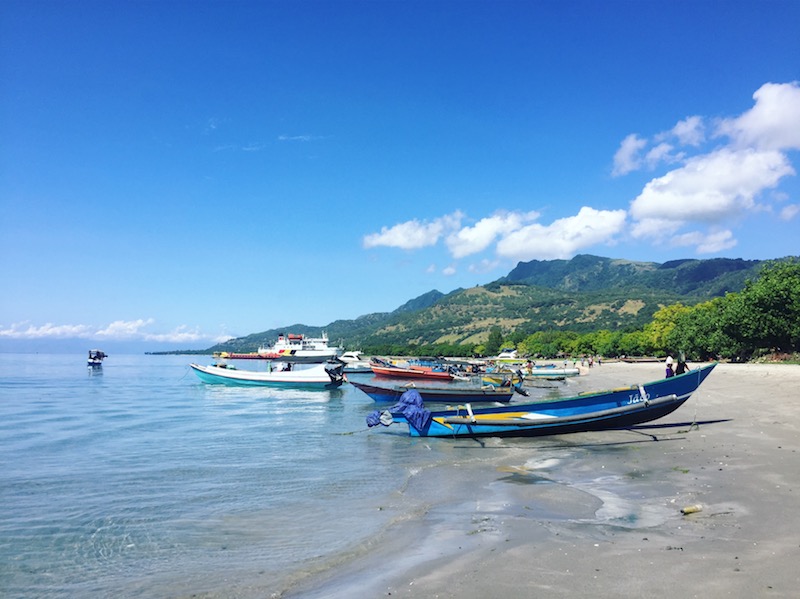
Planning a trip? Here’s what to do, see, eat and drink in Dili.
See Dili from the heights at Jesus’ feet
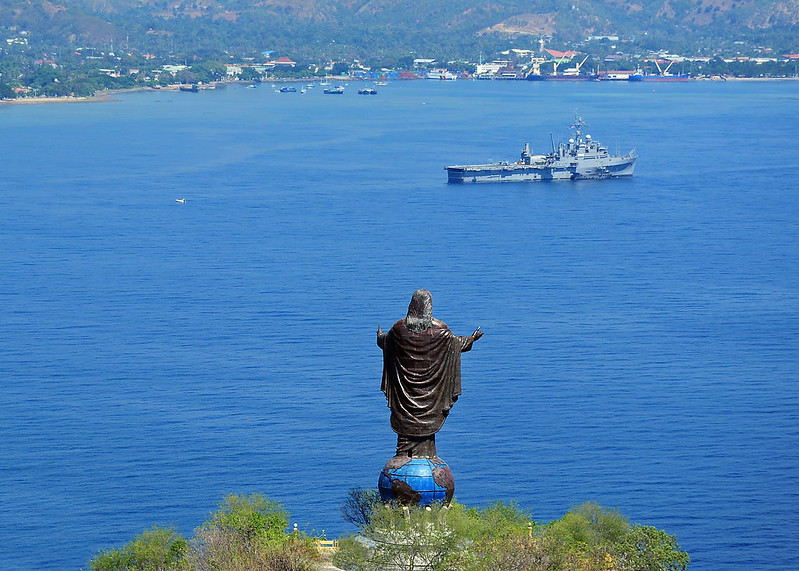
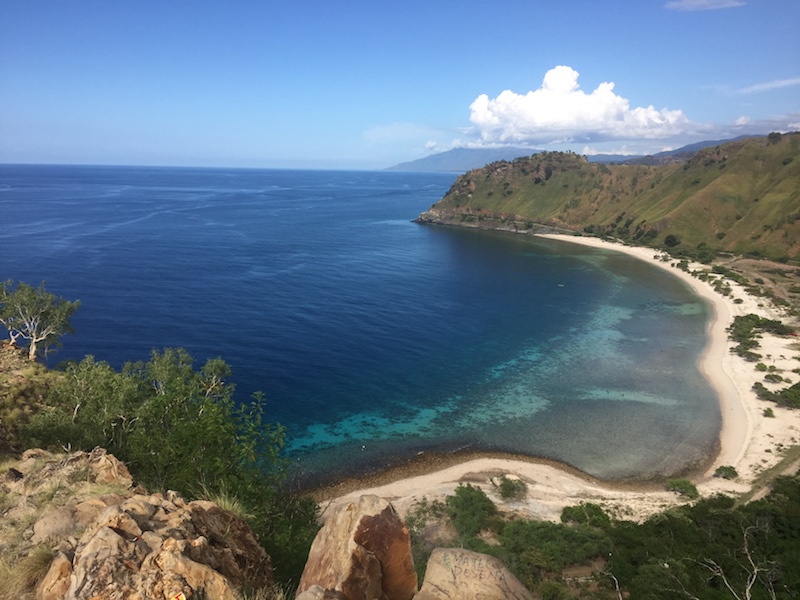
It’s at the top of every Dili tourist list for a reason: the 600-step climb to the towering statue of Jesus at the city’s eastern end offers sprawling (and orienting) views of Dili Bay, a cheeky tourist photo-op, and close proximity to pristine white-sand beaches for a secluded post-climb swim or a coconut. Standing 27-meters tall, Dili’s massive Cristo Rei was gifted by the Indonesian government during its occupation, as a nod to the country’s overwhelmingly Catholic population. The statue is a popular spot for local religious pilgrims wanting to pay their respects (the stations of the cross are tucked into grottos beside the stairs), for exercise, and for easy access to the reef of Dolok Oan, the quiet beach behind Jesus (it’s literally called Jesus Backside Beach).
Appreciate local street art
The Timorese resistance spirit burns bright with its artistic scene; in Dili, you can spy politically charged messages painted on walls and street corners from the city’s end to end. Governu la bele halimar ho povu nia moris, the government can’t play with people’s lives; juventutu lakon fiar ho PNTL; youth have lost faith in the police; la iha buat ida makas liu ema feto ida ne’ebe maka luta ba saida maka nia fiar; there isn’t anything stronger than a woman who fights for what she believes.
In the outskirt suburb of Tasi Tolu, a street art project last year saw brilliant, vibrant murals pop up in streets, markets and on hidden walls — wander through and take a look.
Snorkel and dive beautiful coral reefs
Pristine reefs fringe Dili’s coast and it’s an easy trip to head for a snorkel at the Dili Rock or Tasi Tolu reefs on the city’s western end. If you’re feeling more adventurous, take a day trip with Compass Diving or Dive Timor Lorosae to secluded sites at K41 or Secret Garden — a bumpy hour-long drive on a potholed road from Dili, but with healthy, untouched reefs, abundant fish, and coral life, and the beach guaranteed to yourself.

Drink the best coffee in Southeast Asia
Timor-Leste’s coffee hasn’t gained an international reputation for nothing — its unique, disease-resistant beans are grown organically in tiny family farms across the mountainous country, then small-batch roasted and brewed by skilled local baristas in Dili.
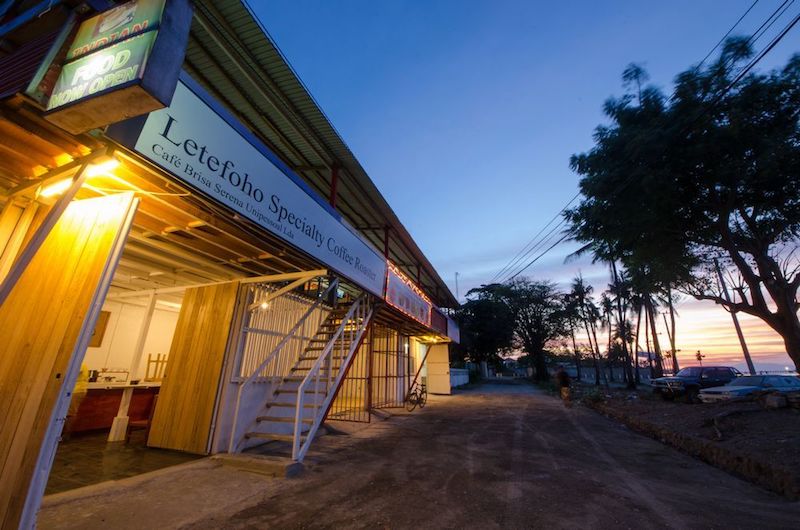
Agora Food Studio does the best coffee in town — their barista, Julia, has won the country’s top barista gong the last two years running — and Letefoho Speciality Coffee serves single-origin coffee so specific it’s labelled by village. Find Atsabe Organic Coffee — arguably the country’s best bean — poured at Black Box coffee shop and bar.
Eat fresh-cooked local fish
Dili’s contribution to Asian street-stall cuisine is its famed fish-on-a-stick market in the beachside suburb of Bebonuk. Eat charred, fresh-caught organic fish with handmade coconut rice catupahs and spicy local chili pickle with your feet in the sand at sunset — or head down in the early morning to meet homecoming fishermen with the day’s fresh catch to cook your own.
Honor historic spirit and sacrifice
Decades of Timorese resistance against violence, occupation and terror have been memorialized in a host of Dili museums and cultural troves. Take yourself to the Resistance Museum to learn about the country’s 24-year-long fight against occupation, and visit the National Chega Centre, housed in a former Indonesian prison. Meaning ‘enough’ in Portuguese, chega is the title of the truth and reconciliation commission that helped to restore friendly relations between the neighbors.
You can visit Chega as one of several stops on the comprehensive History Microlet Tour, led by earnest young locals who’ll guide you to significant Dili sites on the brightly-colored public minibuses ubiquitous on city streets.
Try local flavors
While Timor-Leste’s local food scene is still developing, spirited entrepreneurs are showing how traditional flavors, forgotten foods, and local techniques can be revitalized to create a fresh, modern Timorese cuisine. Again, Agora Food Studio leads the way here, with its highly explorative takes on ancient family foods, and Dilicious Timor promotes local foods and producers with its fun, hybrid meals — think gnocchi made with local purple sweet potatoes, or jackfruit quesadillas served with the ubiquitous Timorese ai-manas, or chili.
Buy organic market fare
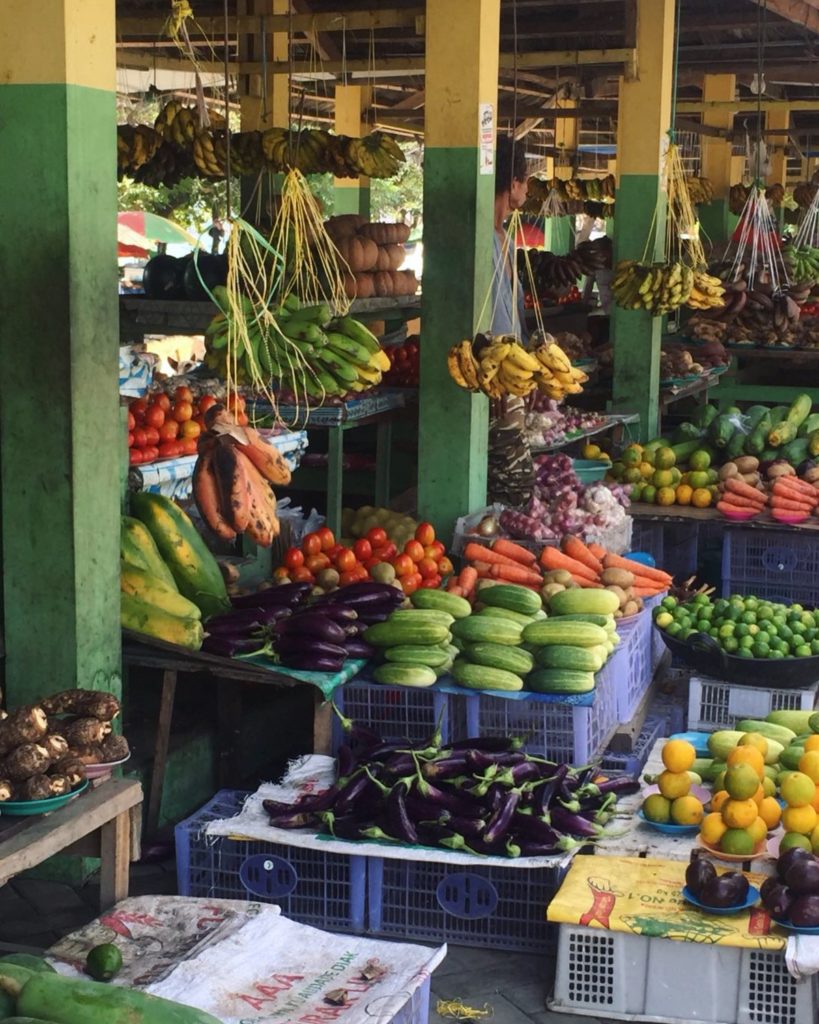
With 80 percent of its population engaged in agriculture and a diverse climate offering growing conditions for almost every crop you can think of, Timor-Leste’s local markets are an unassuming trove of good, organic, cut-price produce. Buy local passionfruit, watermelon, papaya, coconut, and mango from the fruit market at Lecidere, and head inland to Taibesi for everything from fresh arrowroot and turmeric, to locally made tempeh and tofu, to leafy kale and black corn, to breadfruit and jackfruit and fresh local tomatoes from the famed Baucau region.
If food’s not your thing, try browsing the lush tropical plants, cut-price secondhand clothing, hand-woven local baskets called bote and local ceramics at the markets at Manleuana and Aimutin. You can find troves of traditional, hand-woven tais fabric at the tourist-friendly Tais Market.
Hike in the hills
The diverse climate zones — from sandy seaside heat to chilly mountain air — are thanks to the country’s mountainous geography, which offers lush, beautiful hikes inland from Dili. Take an easy, half-day hike to the leafy hillside town of Dare, which houses a small museum paying tribute to the Timorese contribution in World War II, and in wet season offers a beautiful, gushing waterfall.
In Dili, the Horta Loop is a popular route along the hill ridge behind Cristo Rei and through quiet fishing villages and seaside eucalyptus bush. Start at the roundabout in Metiaut that points towards Hera, and follow John F Kennedy Drive uphill. You may see former Timor-Leste president, Jose Ramos-Horta — for whom the hike is named — sitting on his verandah as you walk up past his house.
Getting there: Three flights daily from Bali arrive in Dili, and you can also bus across the border near Atambua, in East Nusa Tenggara, Indonesia.
NAM Air, Sriwijaya Air (around US $280) and Citilink (around US $320) fly into Dili from Denpasar every day.
For a budget-friendly option, Paradise Travel and Timor Travel private buses do the three-and-a-half-hour-long ground trip across the border between Timor-Leste (Batugade) and Indonesia (Mota’ain) daily for about US$18.
It’s an easy 20-minute motorcycle taxi trip from Mota’ain to Atambua, which is linked to East Nusa Tenggara’s capital, Kupang, by air or road. About US$22 gets a bus all the way to Kupang from Dili.
MORE FROM COCO TRAVEL
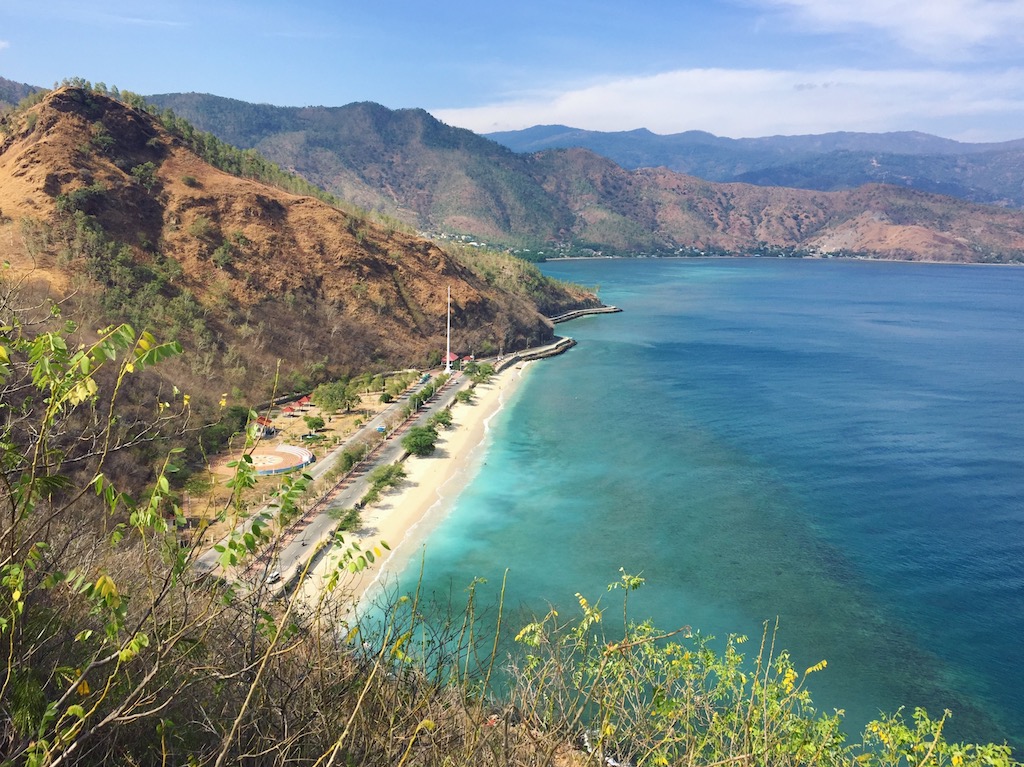



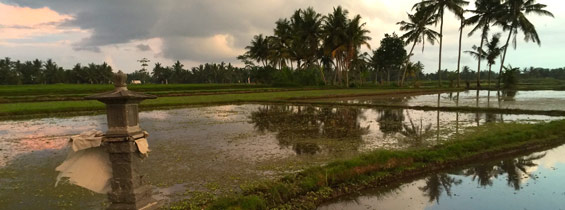

Reader Interactions